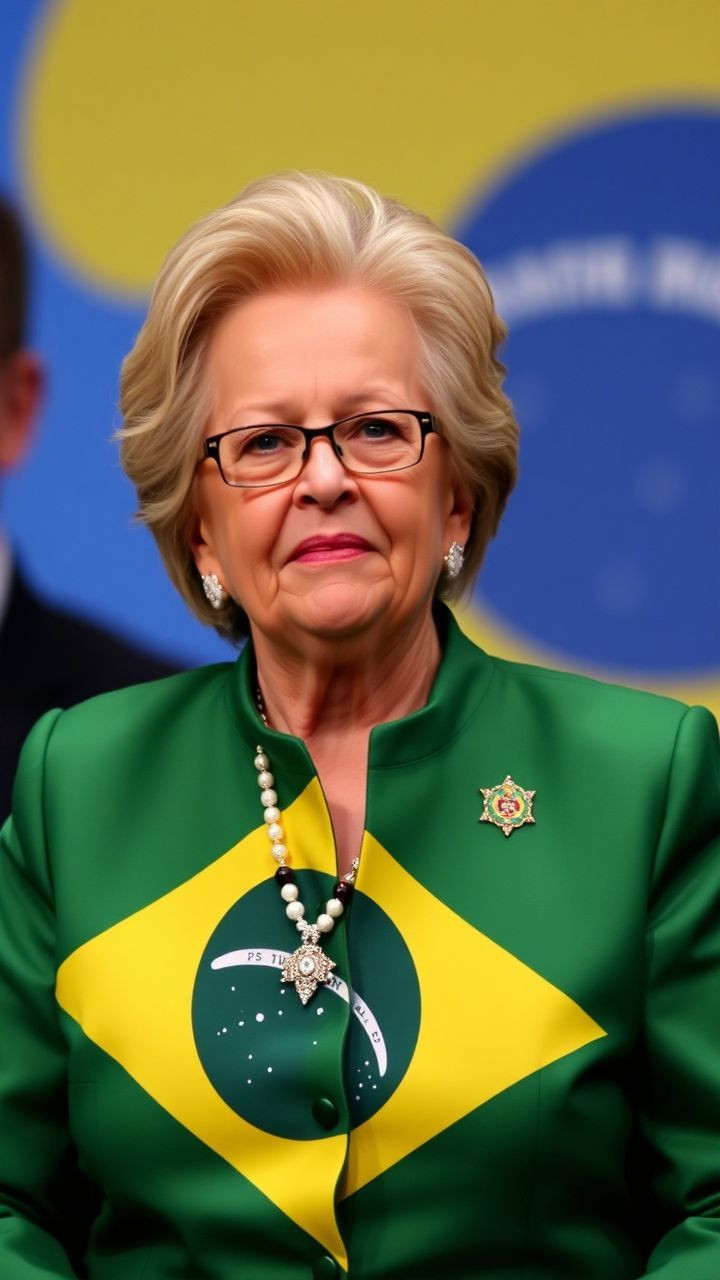
Panama's Denial of Deportees' 'Freedom' Sparks Concern A Closer Look at Migrant Detention Practices
Panama's Denial of Deportees' 'Freedom' Sparks Concern A Closer Look at Migrant Detention Practices

Title Panama's Denial of Deportees' Freedom Sparks Concern A Closer Look at Migrant Detention Practices
Introduction
The recent deportation of migrants by the United States has raised concerns about their treatment in transit countries, including Panama. The Panamanian government has denied allegations that these individuals are being held against their will, claiming they are receiving protection and comfort while awaiting repatriation. In this blog post, we'll examine the situation and explore the implications for migrant detention practices.
The Detention Situation in Panama
According to Public Security Minister Frank Abrego, the migrants deported by the United States are not being deprived of their freedom while they await repatriation. Instead, he claims that they are in custody for their protection. The minister cited the Decapolis Hotel in Panama City as a temporary holding facility, where women from China, India, Iran, and Vietnam have been seen holding up signs pleading for help.
Concerns Over Deportees' Treatment
Despite these assertions, concerns about the treatment of these migrants persist. The New York Times reported that deportees had their passports and most cellphones taken away, leaving them isolated and unable to seek legal counsel. One individual allegedly attempted suicide while detained at the hotel. Several people inside have identified themselves as asylum seekers, claiming they are being detained against their will.
International Regulations and Compliance
Panama's Public Security Minister Abrego emphasized that his country has complied with all international regulations regarding migrant detention practices. However, questions remain about the extent to which these regulations are being upheld in practice. It is essential to scrutinize claims made by governments and stakeholders alike to ensure compliance with international standards.
Broader Context Regional Cooperation and Migrant Detention
The recent agreements between Panama and Guatemala, as well as Costa Rica, to collaborate on repatriations have raised concerns about the treatment of migrants in transit countries. These agreements were signed after US Secretary of State Marco Rubio visited Latin America, signaling a new era of cooperation on migration issues.
Conclusion
As the debate surrounding migrant detention practices continues, it is essential to prioritize transparency, accountability, and respect for human rights in migrant detention practices. While Panama has denied allegations that deportees are being held against their will, concerns persist about the treatment of these individuals in transit. As we move forward, it is crucial that we shed light on these concerns and work towards creating a more humane and effective system for processing asylum seekers and deportees alike.
Key Takeaways
Panama's Public Security Minister Frank Abrego denies allegations that migrants deported by the United States are being held against their will.
Concerns persist about the treatment of these individuals, including reports of passport and cellphone confiscation.
Panama has complied with international regulations regarding migrant detention practices.
Broader agreements between countries to collaborate on repatriations have raised concerns about the treatment of migrants in transit.
What's Next?
As we continue to navigate the complex issue of migrant detention practices, it is crucial that we prioritize transparency and accountability. By shedding light on these concerns, we can work towards creating a more humane and effective system for processing asylum seekers and deportees alike.


